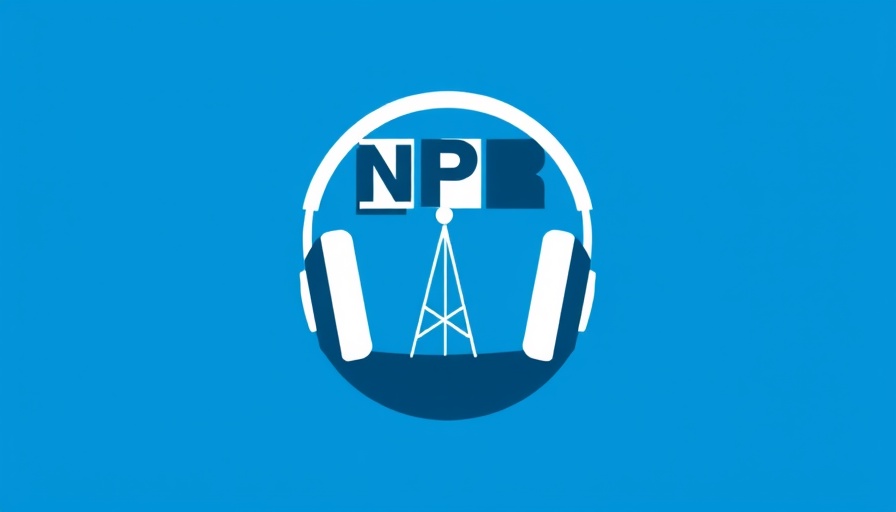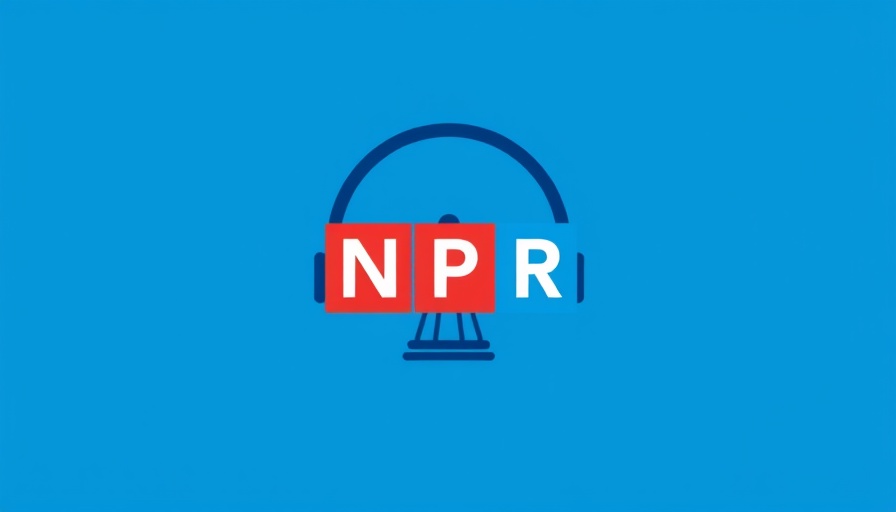
Impact of Funding Cuts on HIV Research and Progress
In recent times, the alarming cuts to HIV research funding in the United States have raised significant concerns about the future of the fight against this epidemic. Under the Trump administration, a bold commitment was made to eliminate HIV in the U.S. within a decade, igniting a surge of research and funding aimed at understanding and combating the virus. However, as federal support in other public health areas was slashed, the implications for HIV funding could be detrimental.
The Promise of Previous Research Initiatives
Before these cuts took place, HIV research had already made remarkable strides, leading to the development of effective treatments that keep individuals healthy and prevent transmission. Dr. John Brooks, a prominent voice in the field, highlights how consistent funding has enabled the discovery of “incredible drugs” that have transformed the landscape of HIV treatment. This trajectory, however, is now jeopardized following eliminations of crucial federal resources.
Future of Vaccination and Cures at Stake
Of particular concern is the halted progress on an HIV vaccine, which has been in relentless pursuit for decades. Brooks stated that ongoing projects funded by the National Institutes of Health (NIH) have been severely disrupted, leaving researchers and communities with uncertainty about potential breakthroughs. The development of an HIV vaccine remains a beacon of hope, and its absence raises further alarm bells about the future of health strategies aimed at eradicating the virus.
Community Engagement and Social Responsibility
These cuts to essential HIV research funding resonate beyond the confines of laboratories and clinical trials; they affect real lives, families, and communities. By reducing funding, the government inadvertently compromises the health and wellbeing of individuals living with the virus while stifling the potential life-saving innovations that research could yield. Organizations dedicated to HIV prevention and care are pushing back against these cuts, advocating for a unified approach that prioritizes public health.
Lessons from Other Epidemics
Looking at historical instances, the global response to health epidemics often dictates the funding and research priorities of governments. For example, the Ebola crisis galvanized research and funding efforts, showcasing the necessity of coordinated global health strategies. The risk factors associated with neglecting HIV research funding can lead to a resurgence of new cases, devastating not just individuals, but entire communities. This highlights the importance of remaining vigilant in the fight against all epidemics, including HIV.
Call to Action: Advocacy for Funding
As business leaders and professionals in tech-driven sectors, it is critical to understand the implications of HIV funding cuts. Engaging in advocacy efforts and supporting organizations that prioritize HIV research can drive lasting change. By championing continued funding for HIV initiatives, you can contribute to a future where the epidemic is effectively managed and eventually eradicated.
Conclusion: A Shared Responsibility
The cuts to HIV research funding are not merely a political issue— they are a public health crisis that requires immediate attention. By understanding the impacts of these cuts, we can collectively advocate for policies that prioritize comprehensive strategies for combating HIV. Together, we can ensure that the progress made thus far is not lost but rather expanded upon, paving the way for a future free from the threat of HIV.
 Add Row
Add Row  Add
Add 




Write A Comment